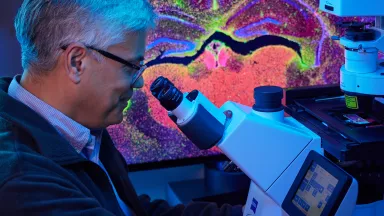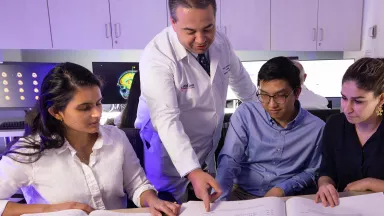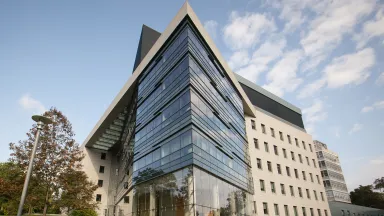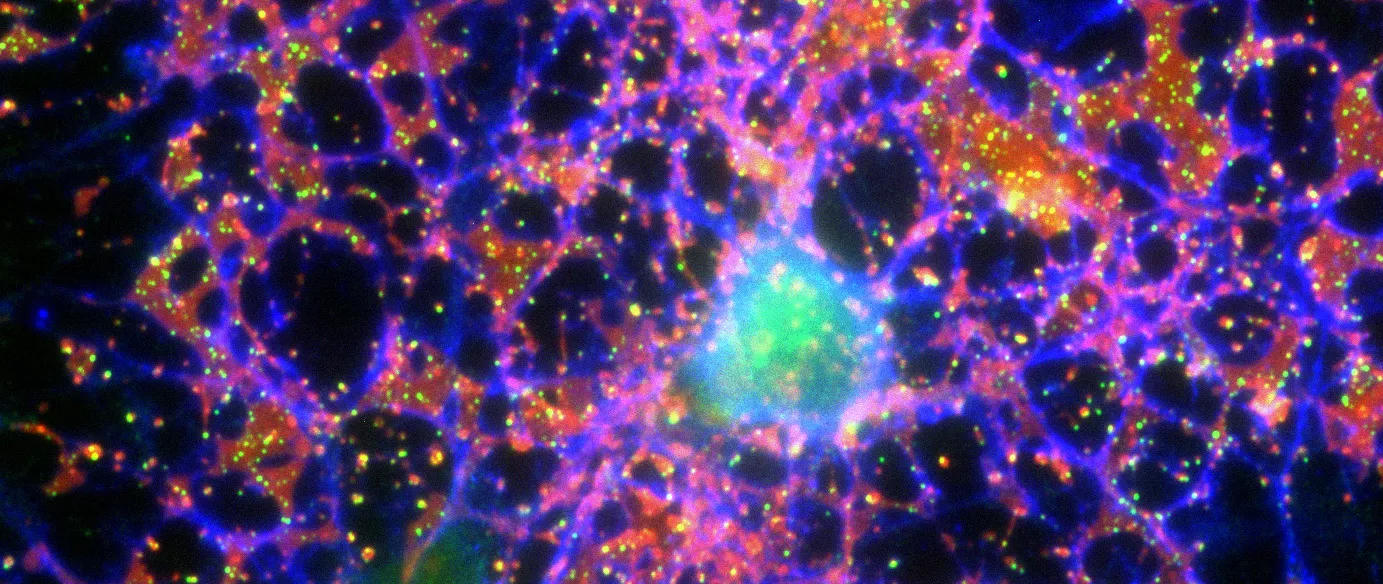Advancing the Treatment of Childhood Neurological Diseases
The world-renowned research team at the Isabelle Rapin Division of Child Neurology has developed translational and basic science and research programs to promote novel therapeutic strategies using state-of-the-art approaches. With the availability of unique populations and the close relationship with research endeavors within the Albert Einstein College of Medicine and the Laboratory of Developmental Epilepsy, we have driven innovative interventions aimed at improving the welfare of all patients with childhood neurological diseases.
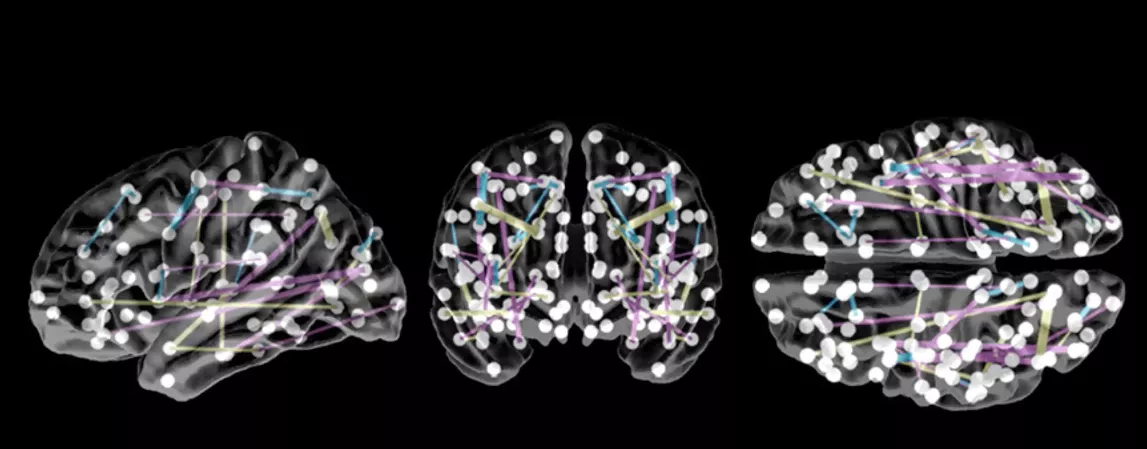
Areas of Concentration
Within our world-renowned Epilepsy center, our federally-funded pioneer research programs have identified fundamental differences in the development of the epilepsies in infants, children and adolescents of different etiologies. We have identified novel mechanistic target-based treatments as well as biomarkers that herald the course of the epilepsies. Simultaneously, we are using sophisticated computer-based analyses of electrographic recordings to identify the epileptic circuits that underlie drug-resistant epilepsies in order to design effective interventions.
We are also focused on improving the quality of life of our children through programs investigating the role of stress and other precipitants that herald a seizure as well as seizure-induced impairments in the everyday life of children with epilepsy.
Our Neuromuscular Center, recognized by the state of New York, has implemented newborn screening outcomes in spinal muscular atrophy and initiated prompt treatments, and in our Headache Center, we are providing novel therapies for pediatric migraine and headaches while we investigate the occurrence of rare headache conditions in children that may require specific interventions.
The Rett Syndrome Tristate Center provides state-of-the-art services through clinical care/medical interventions, education and research aimed at effective treatments and cures, and the experts in our Neuro-oncology programs partner with the Oncology division in the Department of Pediatrics to provide state-of-the-art therapies.
Our Neurocutaneous Disorders Center focuses on diseases that affect the nervous system and the skin and provides state-of-the-art treatments and drug trials.
Current Projects
EpiBioS4Rx: The Epilepsy Bioinformatics Study for Antiepileptogenic Therapy
This is a comprehensive prospective study of biomarkers of post-traumatic epileptogenesis. The unique aspects of this research are the early use of cEEG monitoring, depth EEG monitoring, study of both pediatric and adult subjects in a combined study, and a selective clinical phenotype that matches the experimental models.
FEBSTAT: Natural History and Biomarkers of Epileptogenesis After Febrile Status Epilepticus
A study prospectively addressing the relationships among serial EEG, MRI, and clinical follow-up in a cohort of children followed from the time of presentation with febrile status epilepticus (FSE).
A Learning Healthcare System for Pediatric Epilepsy
As part of the Learning Healthcare System for Pediatric Epilepsy, we collect and supply administrative and clinical data, which is then aggregated and analyzed in an effort to continuously improve care with the goal of reducing seizures and their consequences for children with epilepsy.
Rare Epilepsies in New York City: Centers for Disease Control & Prevention Grant
This study will use the NYC-CDRN to identify affected individuals using EHRs from multiple academic medical centers. We will describe the incidence, prevalence, comorbidities, mortality, and quality of ambulatory care for these individuals. Finally, we will develop, characterize, and disseminate specifications for searching text to find affected individuals in clinical notes. Improved epidemiological estimates will guide clinical care, prioritize research initiatives, spur the development of therapies by industry, and help caregivers understand these devastating diseases.
Human Epilepsy Project
Our research team is part of an international collaboration of doctors and patients looking for answers to new-onset and treatment-resistant epilepsy.
Clinical Trials
Investigate Efficacy and Safety of Carisbamate as Adjunctive Treatment for Seizures Associated With Lennox Gastaut Syndrome (LGS) in Children and Adults: A multicenter double-blinded placebo-controlled trial evaluating the efficacy of a novel antiseizure medication for the treatment of drop seizures in children and adults with Lennox Gastaut syndrome.
A Randomized Study of XEN1101 Versus Placebo in Focal-Onset Seizures: A multicenter double-blinded placebo-controlled trial investigating the efficacy, safety and tolerability of a novel potassium channel opener for the treatment of focal onset seizures.



